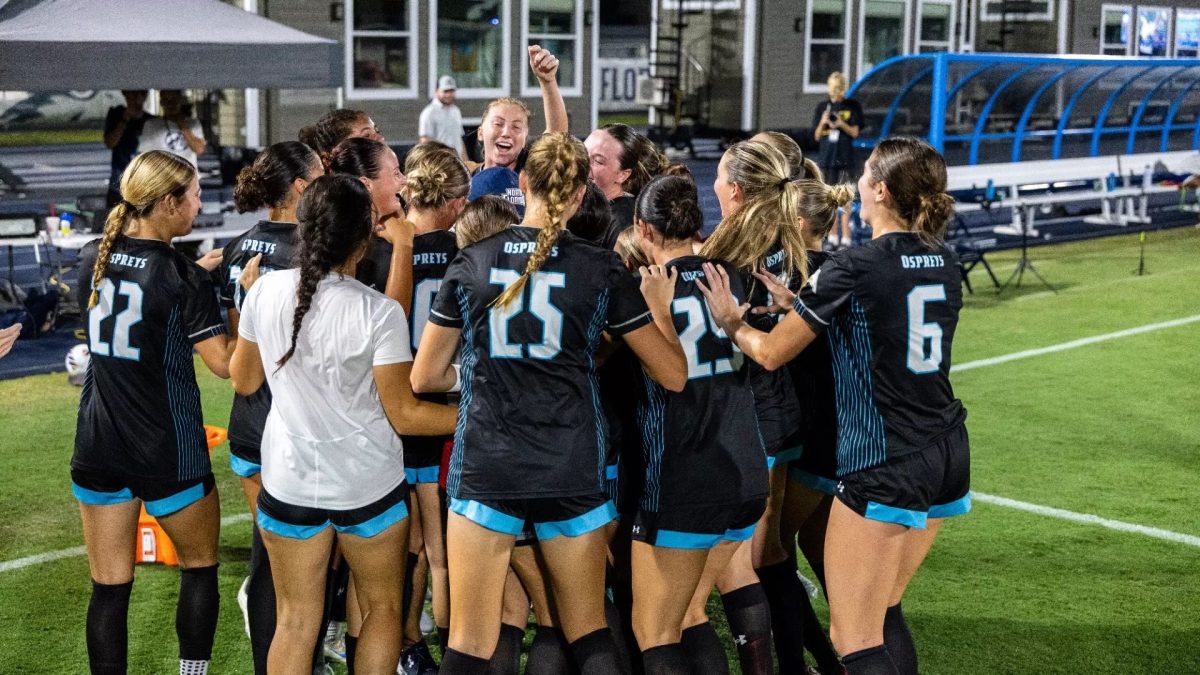By Dargan Thompson
Florida Governor Rick Scott sent letters Oct. 13 to Florida’s 11 state universities requesting information about university graduates, programs and “measurable goals” in a variety of areas.
The letter outlined 17 areas of data to be sent in by Nov. 15, including graduate success, cost and revenue per program, and job descriptions and total wages of the highest paid employees.
“I have always believed the only way to ensure increasing levels of performance is by measuring outcomes using objective, data-driven criteria,” Scott wrote, adding that he plans to use the information to develop plans for improvement.
Michael Binder, a UNF political science assistant professor, said the data may affect how universities are judged by the state government and how resources are allocated.
“It might be that universities are funded by the state based on these outcomes,” Binder said.
Larry Daniel, dean of the UNF college of education and human services, said politicians are becoming scrupulous about where money is spent.
“Higher education is a big expense,” Daniel said. “They want to know if the state is benefiting enough for those expenses to be justified.”
Daniel said politicians tend to see the purpose of universities as preparing people for the workforce. Binder said Scott views higher education “almost like a trade school.”
Those within universities tend to see it differently. Scott caused an uproar in the academic world a few weeks ago with statements implying liberal arts degrees are not practical. He said he wants to redirect education funds to more science, technology, engineering and math (STEM) degrees and away from degrees like anthropology and psychology.
Although a politician looking at an anthropology degree might not see the link to job prospects, Daniel said, educators could argue that liberal arts student will be ready for a variety of fields.
Daniel said identifying job markets and setting priorities is within the responsibilities of politicians, but many of them want to “micromanage the process.”
“To say that we shouldn’t be offering certain programs is beyond the scope of what politicians should be doing,” he said.
According to Daniel, many others, such as university professors and administrators, have a better idea of what students need. He said Scott could fare better in forming a higher education policy if he organized those within universities to discuss the issues.
“I would much rather see [the governor] focusing on a policy for higher education than questioning all these different aspects of the system,” Daniel said.
Tom Serwatka, UNF vice president and chief of staff, said Scott’s push for more STEM majors is certainly part of this data collection effort. He said UNF has been investing in those areas, but Jacksonville needs people with varied interests to function.
“We’re not going to build the city on just STEM,” Serwatka said. “The city needs art. The city needs culture. The city needs businessmen. And the city needs engineers and scientists too.”
Serwatka is in charge of collecting the requested information from the different departments. He said a majority of the information is already contained in reports within the various colleges; he just has to compile it in a way Scott can use.
Serwatka said he hopes Scott will understand the good things UNF is doing and use the data provided to set goals for even more improvement.
What university administrators do not want, he said, is to have someone else designing a plan for them.
















